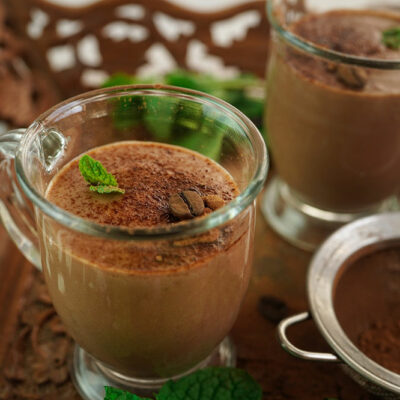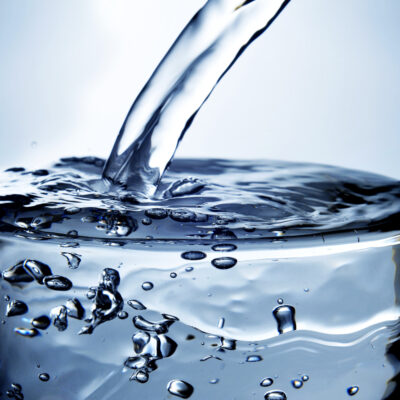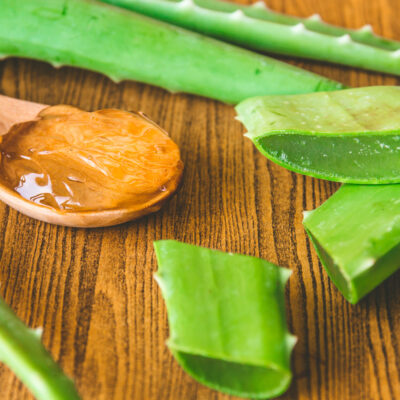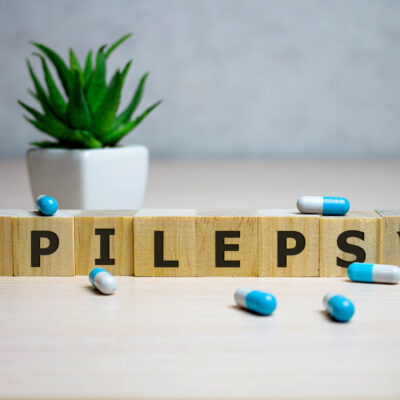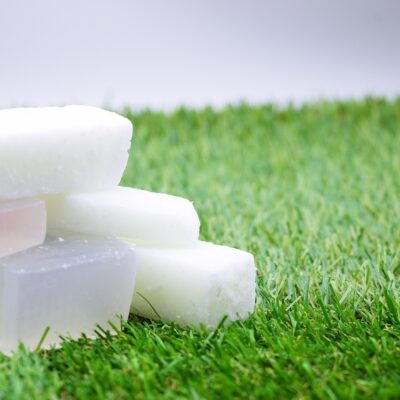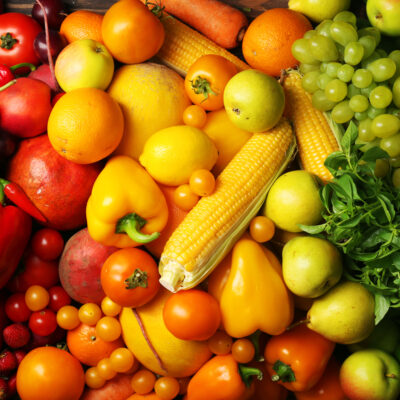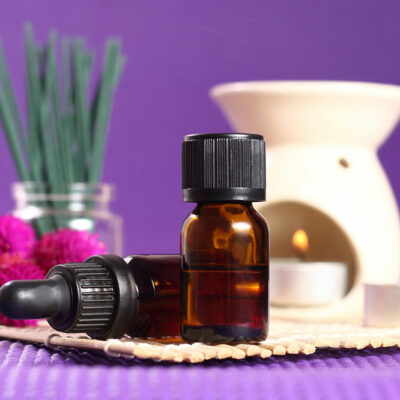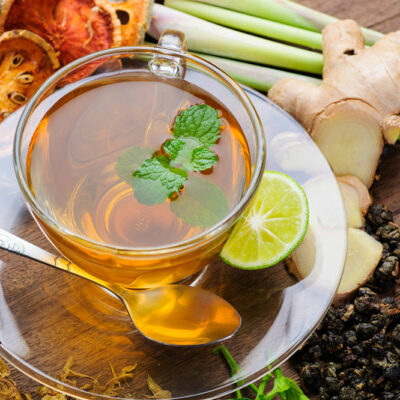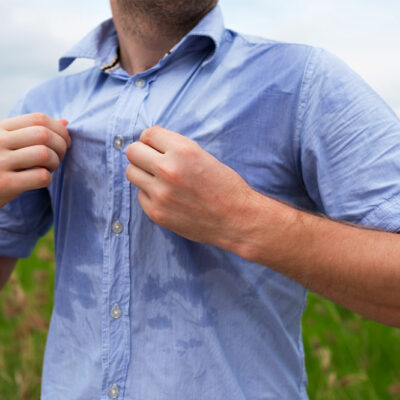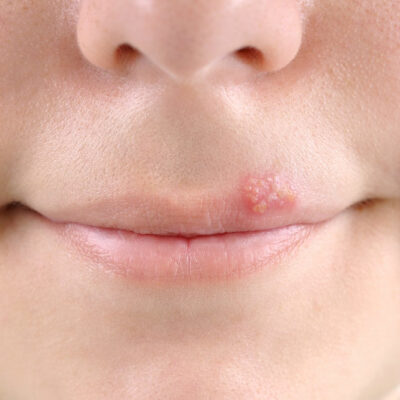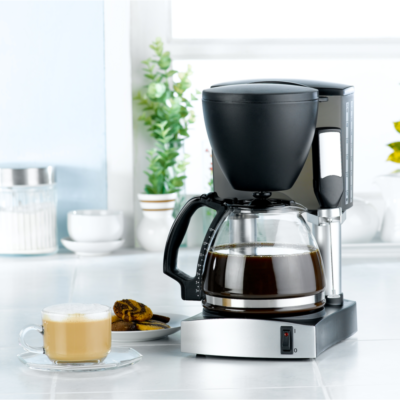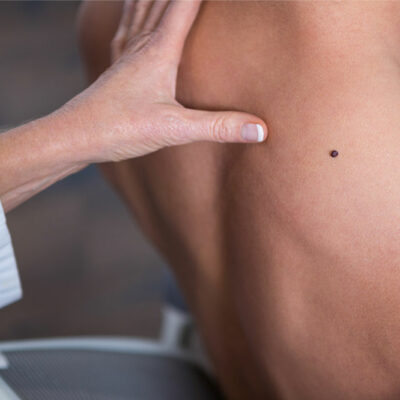
Health
Causes and Risk Factors of Melanoma
Melanoma is a severe type of skin cancer that occurs in the melanin-producing cells called melanocytes. The exact cause of this cancer is not known. However, it is believed that excessive exposure to ultraviolet rays from the sun can increase the risk of melanoma. In this article, we will talk about the potential causes of melanoma to better understand the condition and keep yourself protected. Common causes of melanoma 1. Melanoma occurs in the melanocytes, i.e. the cells that produce melanin. Typically, these cells develop in a controlled way. The healthy cells push the old cells towards the skin surface where they eventually die. But when the DNA of the melanocytes changes, they may begin to grow uncontrollably, forming a mass of cancerous cells. 2. What exactly causes this change in the DNA is not very clear. Most researchers attribute it to be a combination of factors, including genetic and environmental factors. 3. Most doctors believe that too much exposure to the sun’s harmful UV rays is among the leading causes of melanoma. Risk factors for melanoma The most common risk factors for melanoma are as follows. 1. Fair skin People with fair skin complexion are at a greater risk.
Read More 